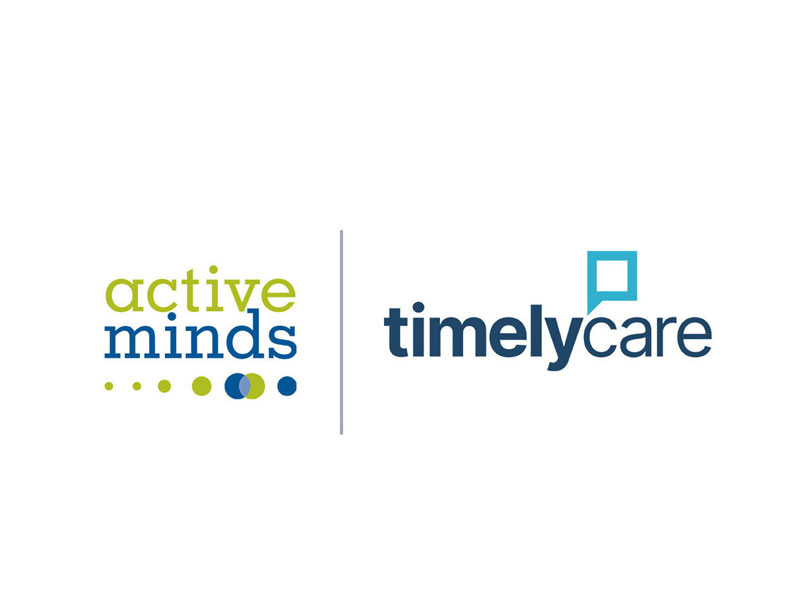Active Minds, along with higher ed virtual health provider, TimelyCare, has officially published a new set of findings, findings which focus on the close relationship between loneliness and mental health. According to certain reports, the data in question was realized after both Active Minds and TimelyCare conducted a comprehensive study, where they enrolled approximately 1,100 US college and university students. Going by the available details, this study found that nearly two-thirds (64.7%) of college students feel lonely to varying degrees, whereas a sizeable 51.7% of them reported a concern over their friends’ mental health. Furthermore, three in every 10 (28.8%) college students reported severe psychological distress. Markedly enough, the study also discovered how these mental health issues are only more prevalent when it comes to LGBQ+ college students, with more than 70.3% of them identifying as lonely, compared to 60.6% of their non-LGBQ+ peers. More on the same would reveal that college students who report feeling lonely are over 4 times more likely to experience severe psychological distress. Moving on, an estimated 28.4% of students reported feeling isolated from others, and another 23.1% shared feelings of being left out, whereas 21% of students claimed to be lacking companionship. Coming back to the LGBQ+ community, it was also found to prioritize their friends’ mental health more than non-LGBQ+ students.
“Colleges and universities are heavily invested in student mental health, and these findings underscore the crucial role of nurturing their sense of belonging and ensuring they have a range of support resources at all times,” said Bob Booth, M.D., Chief Care Officer at TimelyCare. “Peer communities can be very effective as they allow students to provide support and encouragement to those who are struggling and let them know they are not alone. TimelyCare is proud to partner with Active Minds to change the culture around mental health and help students be well and thrive in all aspects of their lives.”
While we are discussing the mental health dynamics across a particular group, we must also mention that Black and Latino/a/e college students were observed to value good mental health and taking care of their mental health, and they did so more than any other racial and ethnic group. Hold on, we are not done yet, considering we still haven’t touched on those 53.7% students who admitted that taking care of their mental health informs their decision-making, thus more effectively guiding their behavior and actions. The final highlight of this study came from students attending four-year colleges and universities who agree that students on their campus are concerned about mental health. As a result, they now talk openly about mental health, believe that mental health impacts their campus community, and work together to improve student mental health. The rate at which this is happening among students attending two-year colleges was found to be significantly lower. All in all, nearly two-thirds (62.7%) of college students were adjudged to believe that mental health is an important campus issue, but only 50% displayed a willingness to identify mental health challenges, brainstorm shared solutions, and collaborate with other students and organizations to improve the situation.
“Loneliness is a clear factor in the well-being of college students,” said Alison Malmon, Founder & Executive Director of Active Minds. “Our data reveals not just statistics but narratives of isolation and distress. By fostering connection, empathy, and shared concern, we can rewrite the mental health story on campus. Together, as champions of well-being, we can transform isolation into community, and loneliness into belonging.”






